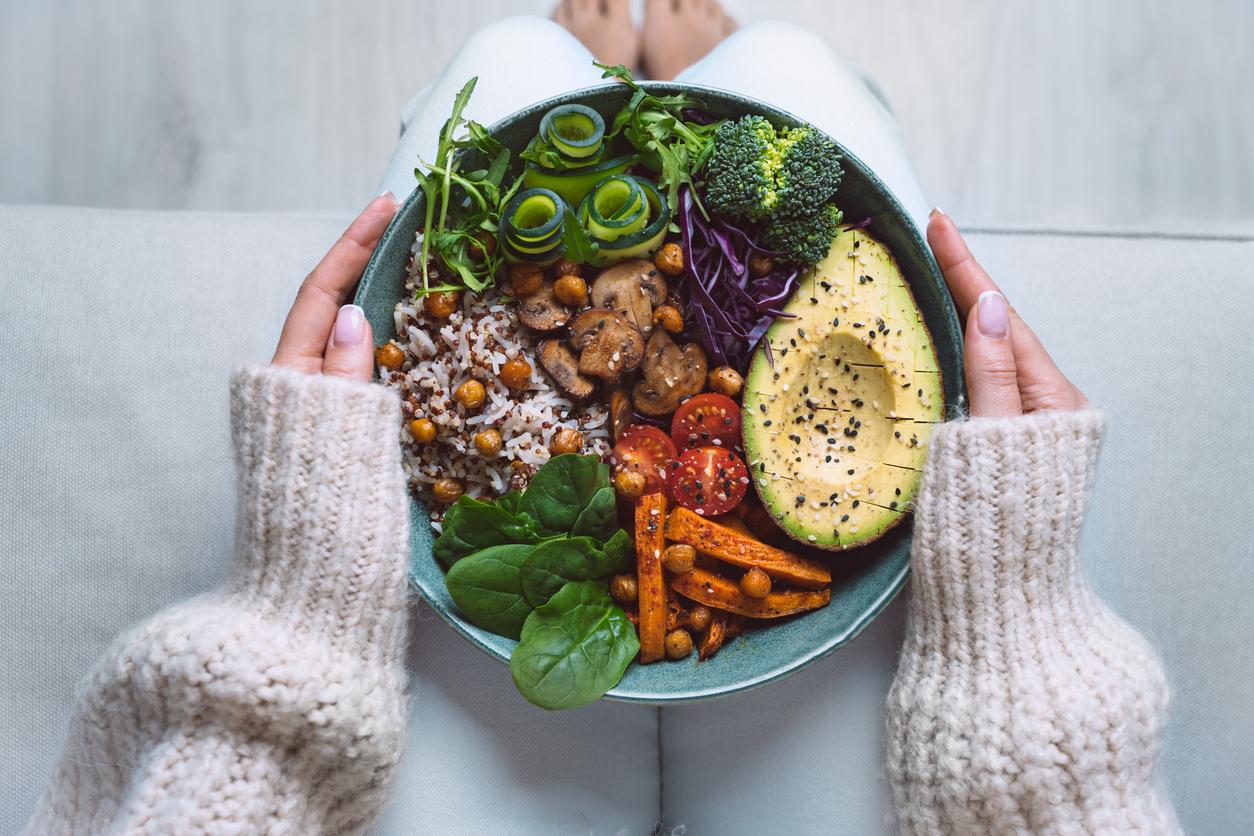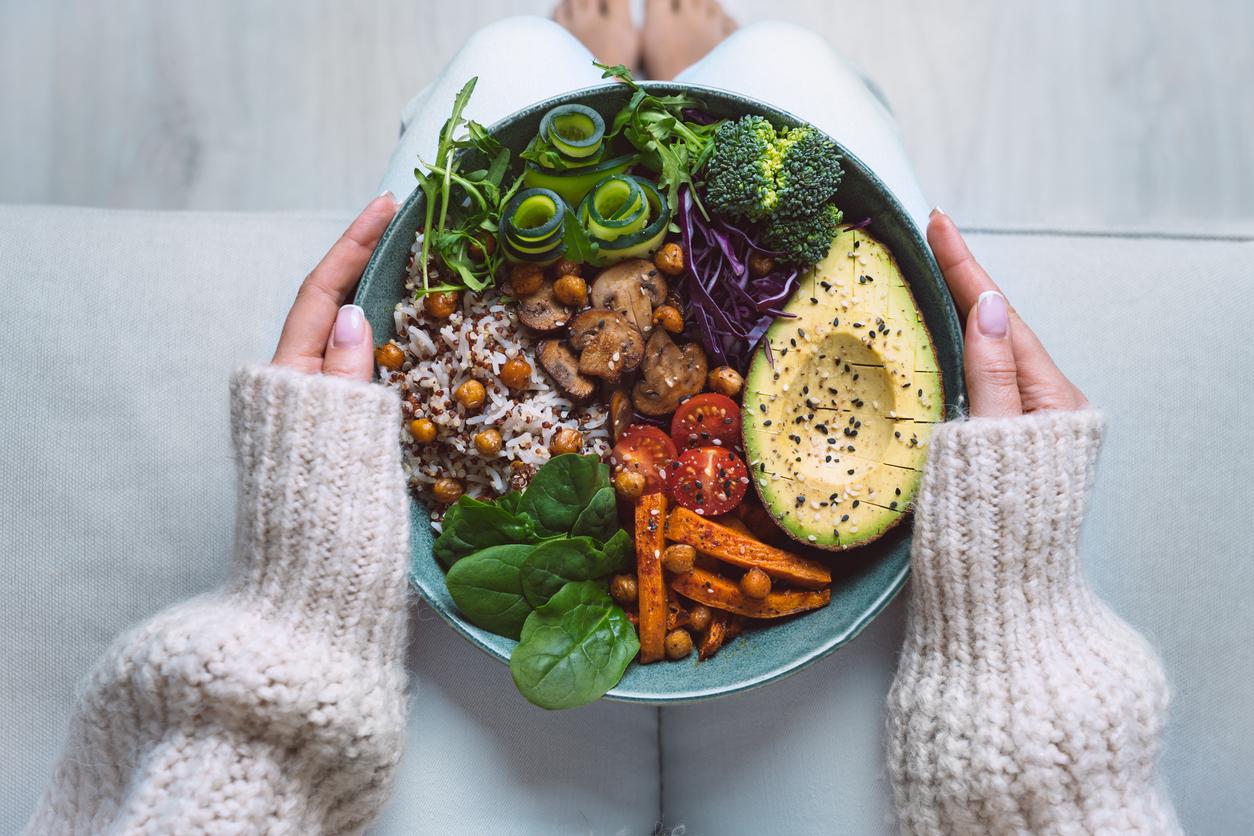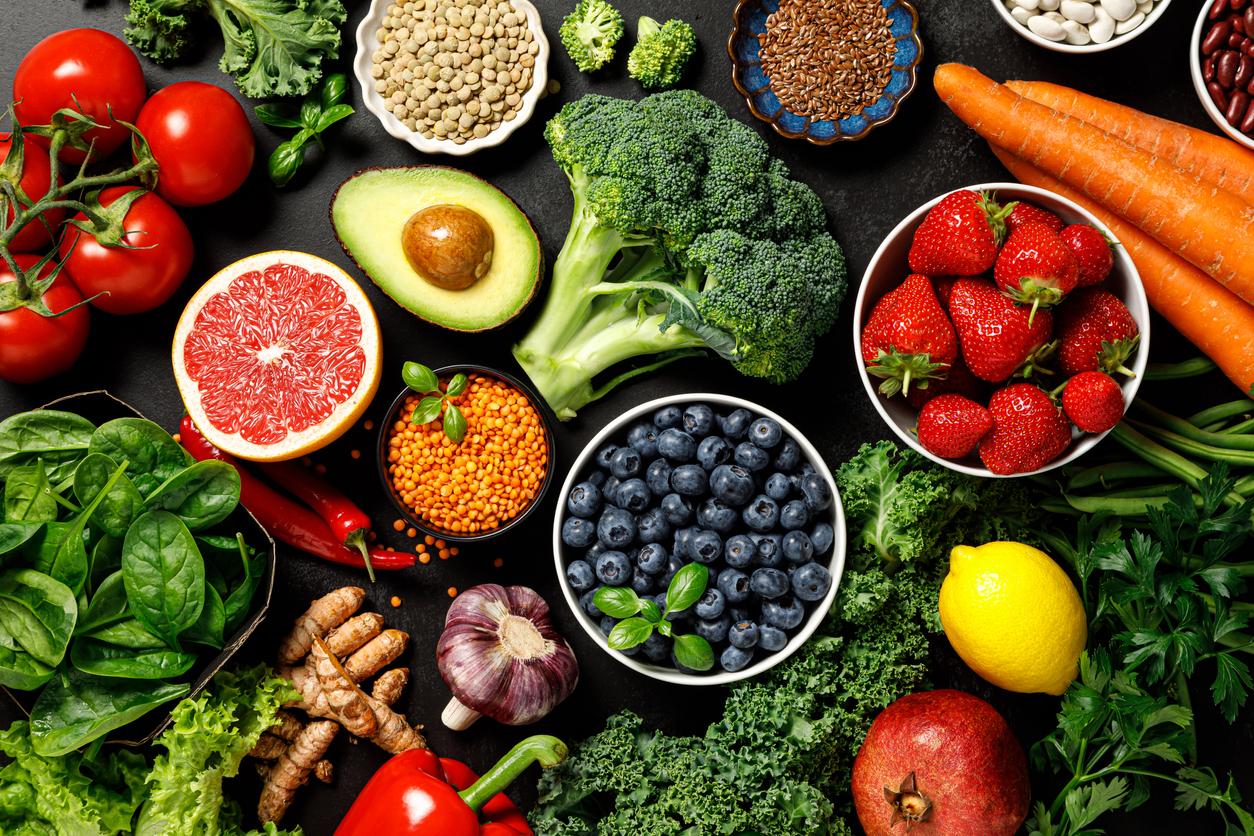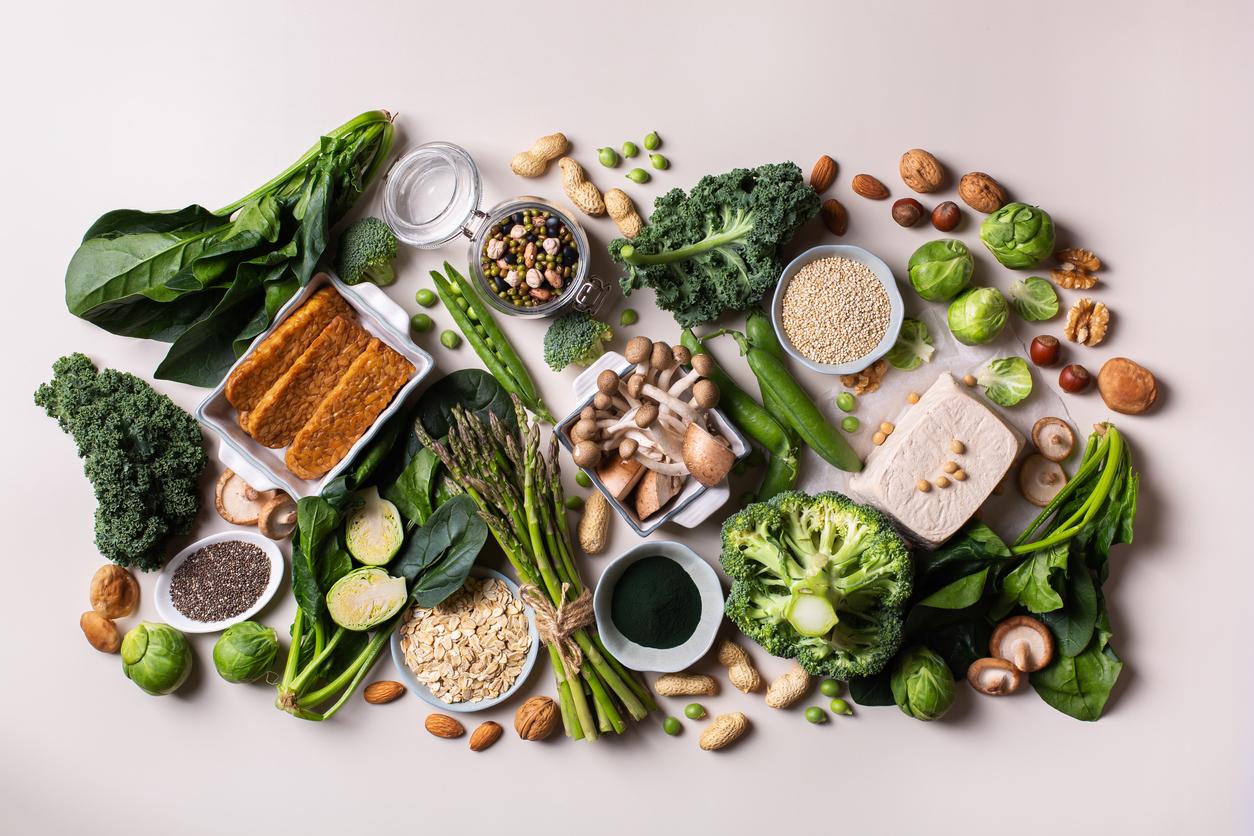In terms of gaining muscle strength and increasing mass, the vegan diet is equivalent to the omnivorous diet.

- By following young adults on either a vegan diet or a mixed diet, and performing strength training, the researchers found that all achieved the same gains in muscle mass and strength.
- They therefore conclude that it is the amount of protein absorbed that maintains the muscles, and not their origin.
Eating vegan, that is to say adopting a diet excluding all animal products, will not affect your muscle strength. This is the conclusion reached by a study conducted by researchers at the University of São Paulo (USP), Brazil. Published in the journal Sports medicinetheir work shows that a correct protein intake is the key to muscle health, and whether this protein source is partly animal or exclusively vegetable.
Two different protein sources for the same results
To reach this conclusion, the researchers compared the effects of strength training in 38 healthy young adults. The latter followed for 12 weeks either a vegan diet or a mixed diet containing animal and vegetable proteins, and carried out in parallel exercises aimed at increasing strength and muscle mass. All participants followed a diet with the recommended protein content (i.e. 1.6 grams of protein per kilogram of body weight per day).
After three months, no difference was found between vegans and omnivores in terms of muscle strength and increased mass. As Hamilton Roschel, who led the study, explains, protein sources are characterized primarily on the basis of essential amino acids, including leucine, which plays a key role in anabolic stimulation of skeletal muscle. “Animal proteins contain more leucine than vegetable proteins. Leucine is an essential amino acid in the signaling process of anabolic stimulation. It is therefore often thought that a plant-based diet contains less leucine and therefore triggers less of anabolic stimulation, which could affect the ability of vegans to gain muscle mass.”
However, this study shows that this is not the case. According to its authors, it is the amount of protein absorbed that triggers the anabolic stimulation of the muscles and therefore has an effect on muscle mass. “Our results show that there is no impairment of muscle mass gain in young vegan adults if they ingest the right amount of protein. In fact, the result of the two diets was the same in this regard. “insists Professor Roschel.
More protein in animal products
However, these results should be put into perspective. In the clinical study, the protein intake was made identical in both diets by means of protein supplements. Omnivores and vegans received milk whey protein isolate or soy protein, respectively, depending on their individual dietary needs to achieve target protein intake. However, in practice, it is foods of animal origin that generally have a higher protein content. “Meat, milk and eggs contain more protein per gram than rice and beans, for example. In a clinical application where plant foods are the only source of protein, vegans would need to ingest a large amount of food to get the same amount of protein.” However, says Prof. Roschel, these results clearly show “that a vegan diet can absolutely be complete if properly planned and executed”.
Results not to be generalized
The second pitfall noted by the researchers and that the subjects were all healthy young adults. The results could therefore be different for older people or subjects with health problems. “Ageing results in a phenomenon known as anabolic resistance, that is, a suboptimal anabolic response to stimuli provided by diet and exercise compared to youth. An optimal response is not possible in older people only if their protein intake is higher than that of a healthy young person, so we have to be careful about generalizing our results to the general population.”concludes Professor Roschel.
.

















